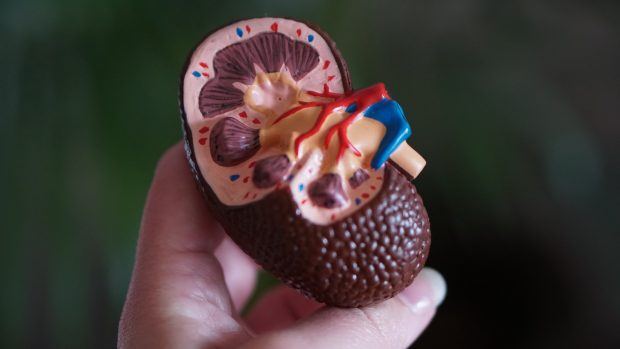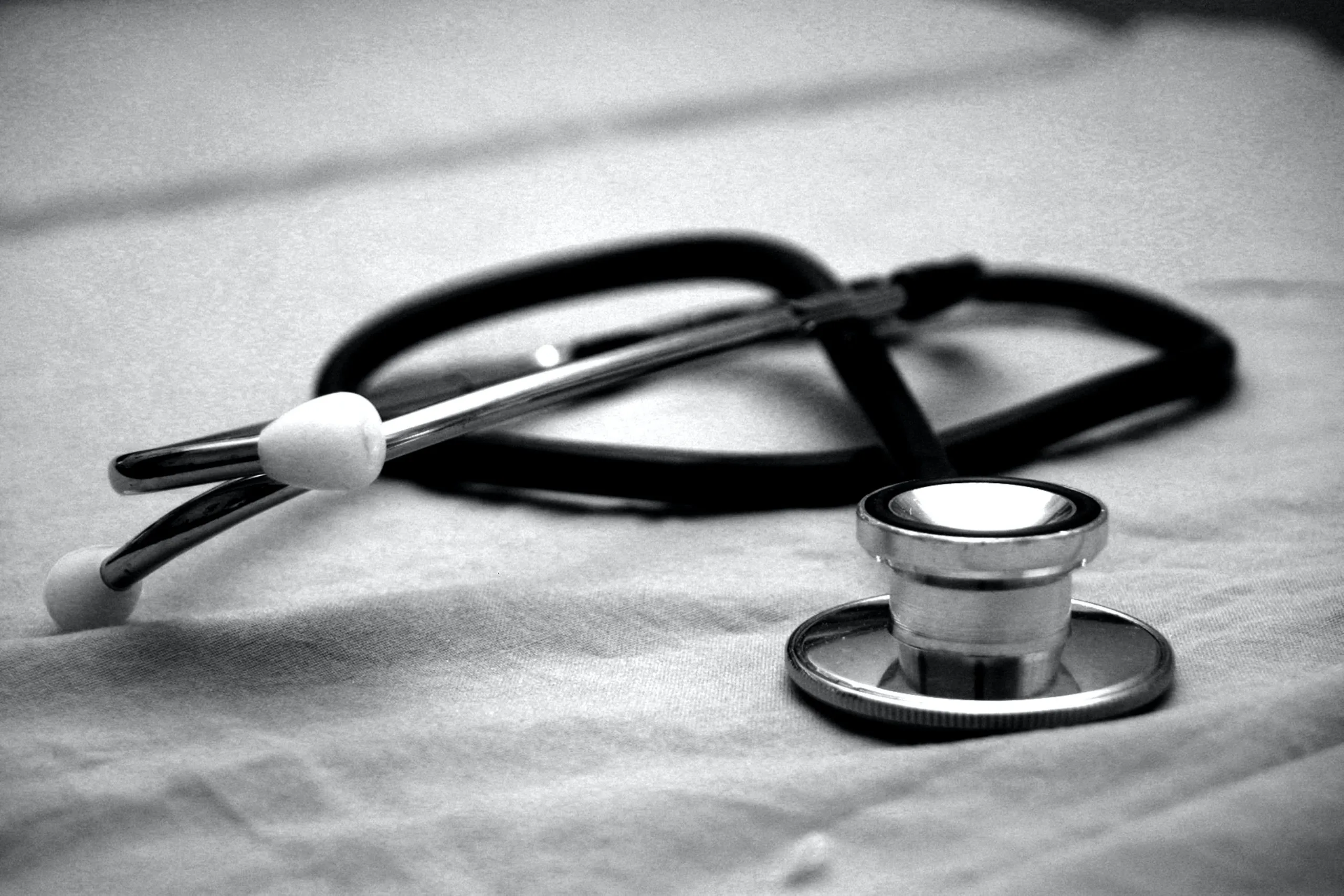Several essential organs in the human body gently work away to maintain us working normally. Unlike the spleen and gallbladder, which are two organs without which you may thrive, humans wouldn’t be alive without them. The kidneys, two fist-sized organs that are situated on either side of your spine below the ribs, are one of these vital organs. Longevity Live Paid Content.
The kidneys, which are typically shaped like beans and called kidney beans, work their days purifying the blood to get rid of toxins. They additionally preserve the balance of your electrolytes. The kidneys cleanse the blood of wastes, which are subsequently absorbed into the urine and removed from the body.
Chronic kidney disease (CKD) is a disorder where the kidney’s condition decreases gradually over time and, in certain individuals, may culminate in renal failure. Kidney failure, commonly referred to as end-stage kidney disease, can be diagnosed by CKD stage 5. Here we are going to discuss kidney disease causes and how we can cure renal failure.
Certain Kidney Diseases
Chronic Kidney Diseases
The most prevalent kind of kidney disorder is chronic renal disease, a progressive disorder where the kidney sickness becomes worse over time. By the American Kidney Fund, 30 million Americans are impacted. Although chronic and fatal, it is curable.
Kidney Cancer
Genetic changes in kidney cell tissue may result in cancerous tumors, just like they occur in cells from any other part of the body. Amongst the top 10 cancers in the United States by incidence is kidney cancer. People above the age of 45 are more inclined to have experienced it.
Kidney Stones, Infections & Injury
Kidney stones may develop as a consequence of hard minerals and deposits of salt. While they’re growing, they may not display any obvious signs, but if they shift or enter the tube that links the kidney and bladder, they can become extremely painful and cause an infection.
Untreated urinary tract infections have a chance to travel up the urinary tract and enter the kidneys. Once there, the infection can lead to kidney damage. Acute kidney injury can come from a wide range of components, such as trauma from a car accident, decreased blood flow from vasculitis (vessel inflammation), failure of the organs, surgery, or blockage of the urinary pathway.
Miscellaneous
Other kidney diseases include Glomerulonephritis, Autoimmune-disease related kidney disease, and Polycystic kidney disease, as well as rare kidney failures including Alport syndrome, Wegener’s granulomatosis, and Goodpasture syndrome.

Photo by Robina Weermeijer on Unsplash
Major Causes of Chronic Kidney Disease
At the present time, most people are suffering from various health issues, so a platform like my kidney journey is here with the assistance of people. The major goal of Mykidneyjourney is to provide people like you with the information and resources needed for developing plans for living healthy, active lives while undergoing dialysis or additional therapies for renal failure.
For certain individuals, the cause of CKD may be varied or even unclear. CKD can often be brought on by multiple fundamental health issues. Here, we’re going to concentrate on the most prominent causes.
1. Hypertension
The second most prevalent root cause of kidney disease is hypertension, frequently referred to as high blood pressure. High blood pressure is one of the most prevalent manifestations of CKD because it damages the blood vessels in the kidney and is frequently linked with cardiovascular problems. Keeping track of and controlling your blood pressure is crucial if you have hypertension.
2. Diabetes
In numerous regions of the world, diabetes is the most frequent trigger for chronic kidney disease. Blood sugar levels that are excessive may damage kidney blood vessels and induce CKD. Both type 1 and type 2 diabetes tend to harm the kidneys. If you have diabetes, you must maintain your blood sugar within control while maintaining an eye on any linked health conditions, like high blood pressure.
3. Medications
Non-steroidal anti-inflammatory medicines like ibuprofen and naproxen sodium, which are frequently misused or neglected, may adversely affect the kidneys.
Treatment
Treatment for chronic kidney disease is determined by the root cause and the severity of the disease. The phases of kidney disease run from 1 to 5, with 1 being the initial stage and 5 being the terminal stage.
Chronic kidney disease is not cured, thus therapies emphasize symptom management, minimizing issues, and prolonging the illness’s progression. Early kidney disease typically responds to therapy by emphasizing:
Minimizing Cholesterol Level
Because cardiovascular disease can be worsened by elevated cholesterol levels, the development of renal disease may be delayed by lowering them if they are excessive.
Diminishing The Blood Pressure
The development of chronic renal disease can be delayed through proper control of your blood pressure. We may slow down the development of kidney disease while preserving native function for as long as we can by regulating that blood pressure.
Cure of Anemia
Several kidney disease patients have low iron levels, and enhancing levels might assist with fatigue and declining symptoms that may occur simultaneously with kidney failure.
Dialysis
A mechanical way of cleansing the blood of waste is dialysis. It must be performed on multiple occasions a week and usually requires that patients spend many hours at a clinic for outpatient care connected to a hemodialysis machine, which eliminates waste and extra fluid from the blood.
Kidney Transplant
A kidney transplant may be recommended for some patients. It involves swapping out the malfunctioning kidney or kidneys for an appropriate donor’s kidney or kidneys. It’s an extensive procedure that could prove difficult to prepare for because a genetic match from an appropriate recipient is needed.
Final Reflections
The majority of patients who incur another renal issue or have chronic kidney disease are likely, to begin with, their primary healthcare provider. You may require to see a nephrologist, according to what’s happening. Furthermore, you may decrease lifestyle-related risks by giving up smoking, starting a light exercise program, altering your diet to be kidney-friendly, and maintaining an eye on your blood pressure and levels of blood sugar. We just hope that after reading this article you will get sufficient information to maintain your kidney’s health.
Who is the author?

Gemma Willow
Gemma Willow is a USA Today bestselling author of swashbuckling action-adventure romance. She is the wife of a rock star, and the mother of two young adults, but she’s also been a ballerina, a typographer, a film composer, a piano player, a singer in an all-girl rock band, and a voice in those violent video games you won’t let your kids play.
She does her best writing on cruise ships, in Scottish castles, on her husband’s tour bus, and at home in her sunny southern California garden.





![women [longevity live]](https://longevitylive.com/wp-content/uploads/2020/01/photo-of-women-walking-down-the-street-1116984-100x100.jpg)










